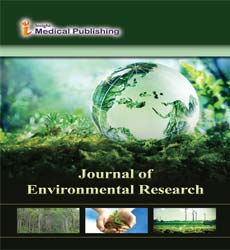Behavioural Determinants of Energy Transition towards Renewable Energy Sources in Pakistan: Structural Equation Modelling Approach
Abstract
There is an ongoing global transition to renewable energy (RE); but the share of RE in the energy mix can be low compared to conventional fossil fuels, even when RE sources are abundant. Countries have faced challenges in adopting renewable energy technologies. Various studies have investigated the potential obstacles to energy transition towards renewable energy in different parts of the world. Such studies, particularly with quantitative approaches, lack in developing countries. This study uses Pakistan as a case study to explore the constraints imposed by public perception and behaviour on development and adoption of RE technologies at the household level. The Theory of Planned Behaviour is used to provide a theoreticalframework and is extended to measure public willingness to adopt RE technologies. We used a sample of 700 students/study participantsto create a Structural Equation Model. Self-identity, intention and price appeared as significant drivers in changing perceptions towards a transition to renewable energy. The results suggested that renewable energy policy should combine monetary incentives with increased publicawareness to achieve acceptance at the household levelfor a smooth energy transition in Pakistan.
Open Access Journals
- Aquaculture & Veterinary Science
- Chemistry & Chemical Sciences
- Clinical Sciences
- Engineering
- General Science
- Genetics & Molecular Biology
- Health Care & Nursing
- Immunology & Microbiology
- Materials Science
- Mathematics & Physics
- Medical Sciences
- Neurology & Psychiatry
- Oncology & Cancer Science
- Pharmaceutical Sciences
